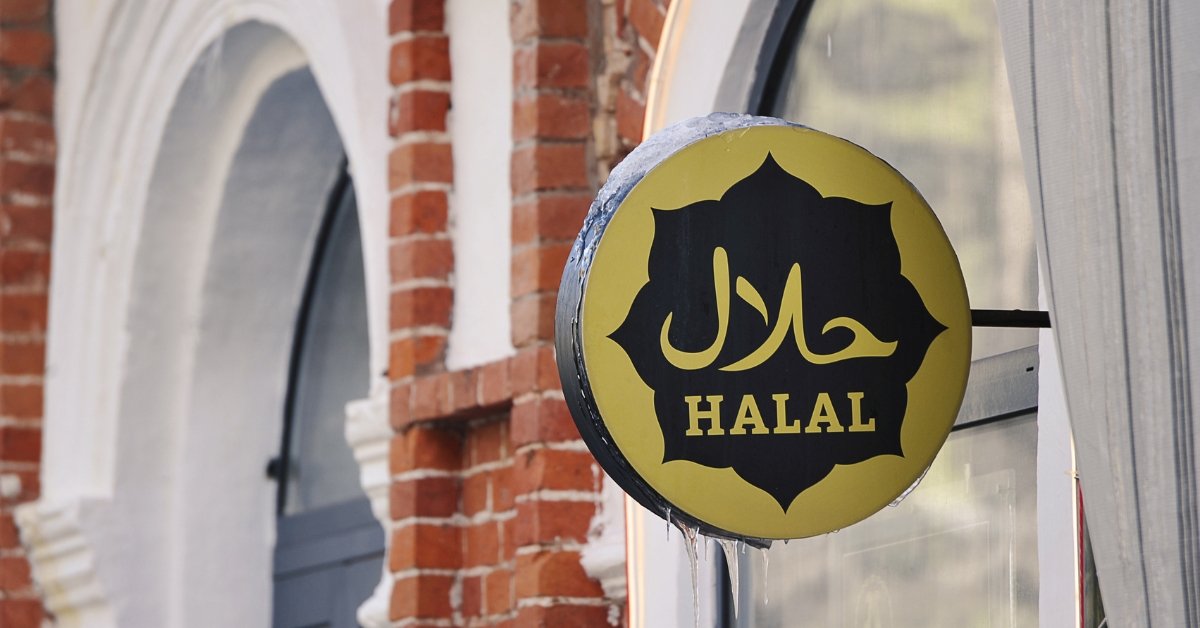Here are 10 critical facts about halal certification so travellers can enjoy safe, ethical, and authentic food worldwide. This is a must-read for halal-conscious travellers!
Table of Contents
Introduction: What Is Halal Certification, and Why Does It Matter for Travelers?
Imagine this: You are exploring the vibrant streets of Istanbul or savouring the aroma of spices in Bangkok’s bustling food markets.
For halal-conscious travellers, such experiences come with a challenge—how can you ensure your food aligns with your dietary and ethical values?
This is where halal certification steps in as your guiding light.
Halal certification is more than a label; it guarantees that a product adheres to Islamic dietary laws.
It ensures your food is free from prohibited substances like pork or alcohol and prepared ethically and cleanly.
Beyond its religious significance, halal certification resonates with travellers seeking ethically sourced and transparent food options.
Whether you are a Muslim traveller or interested in exploring halal-certified cuisine, these 10 key facts will help you navigate global dining scenes confidently and efficiently.
1. What Halal Certification Means
Halal certification is a stamp of approval indicating that a product complies with Islamic dietary guidelines.
It ensures the food is free from pork, alcohol, and improperly slaughtered animals while meeting hygiene and ethical standards.
Quick Tip: Look for halal logos from recognized authorities to ensure authenticity.
2. Global Halal Certification Bodies
Countries have their halal certification authorities.
For example:
- Malaysia: JAKIM (Department of Islamic Development Malaysia)
- United Kingdom: Halal Food Authority (HFA)
- United States: Islamic Food and Nutrition Council of America (IFANCA)
When travelling, familiarize yourself with the logos these bodies use to make informed choices.
3. Halal Is More Than Just Food
Halal certification applies to products like:
- Cosmetics: Ensuring no animal-derived or alcohol-based ingredients.
- Pharmaceuticals: Covering medicines and supplements.
- Clothing: Avoiding non-halal animal materials like certain types of leather.
This holistic approach helps travellers maintain their ethical values in all aspects of life.
4. Ingredients to Avoid
Understanding what to avoid can save you from accidental consumption of non-halal items.
Watch out for:
- Gelatin (unless halal-certified)
- Lard or animal fat
- Mono- and diglycerides from unknown sources
Apps like Scan Halal can help identify halal-compliant products on the go.
5. Halal Tourism Is Thriving
The halal tourism industry is booming, with destinations like Turkey, Indonesia, and the UAE offering:
- Halal-certified hotels and restaurants
- Gender-segregated beach areas
- Prayer facilities in tourist hotspots
These destinations make it easier than ever for Muslim travellers to explore the world without compromising their values.
6. How to Find Halal Food Abroad
In unfamiliar places, locating halal-certified food can be daunting.
Here is how you can simplify the search:
- Use apps like HalalTrip, Zabihah, and Muslim Pro.
- Visit Muslim-majority neighbourhoods where halal options are more common.
- Ask locals or seek recommendations from online halal travel groups.
7. Challenges in Non-Muslim-Majority Countries
Travelling in countries with small Muslim populations, like Japan or South Korea, may limit your halal options.
Plan by:
- Learning key phrases in the local language (e.g., “Is this halal?”).
- Checking for vegetarian or vegan options as alternatives.
- Carrying halal-certified snacks for emergencies.
8. Transparency and Regular Audits
Halal-certified establishments undergo regular inspections to maintain their certification.
This ensures transparency and gives travellers peace of mind about the products they consume.
Example: In Malaysia, JAKIM conducts surprise audits to uphold trust in its certification process.
9. Cultural Sensitivity Matters
Respecting local cultures while seeking halal options is crucial.
For instance:
- In Japan, halal-certified restaurants often include labels in English to accommodate international travellers.
- In India, vegetarian cuisine is widespread and can be a safe option for halal-conscious diners.
Approach your travel experience with openness and gratitude for these accommodations.
10. Technology’s Role in Halal Certification
Blockchain technology is revolutionizing halal certification by ensuring traceability and authenticity.
This innovation allows travellers to verify a product’s halal status at every production stage.
Conclusion: Travel with Confidence
Understanding halal certification unlocks a world of culinary possibilities for travellers.
Whether you savour local delicacies in bustling cities or enjoy quiet moments in remote areas, halal-certified options ensure you can eat confidently and ethically.
Halal certification is not just for Muslim travellers—it appeals to anyone seeking transparent and ethically sourced food.
You can enjoy a more prosperous, worry-free travel experience by being informed.
Are you planning your next trip?
Explore our travel tips and guides to make your adventures smoother and more fulfilling.
Remember to share this article with your travel buddies to spread the knowledge.
Bon voyage and happy halal-friendly travel!
Trivia
Did you know that Malaysia leads the world in halal tourism? The country attracts millions of Muslim travellers annually and is recognized for its top-notch halal-certified services, from food to hospitality.






